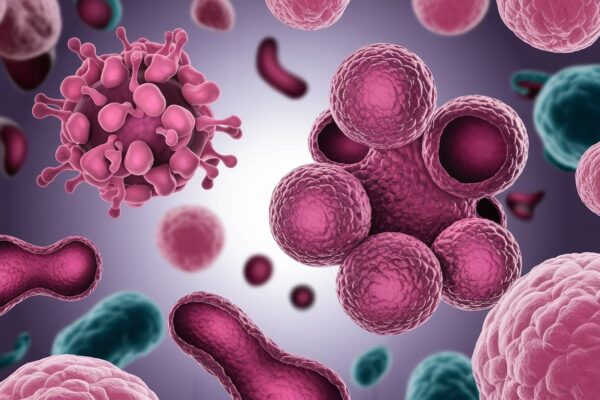
What is skin cancer?
Skin cancer is that unchecked proliferation of aberrant skin cells in the skin tissue. Nonmelanoma skin cancer is the most common type, including squamous cell carcinoma (SCC) and basal cell carcinoma (BCC). These varieties are very curable if they are identified and treated early. The symptoms depend on the color of your skin and can…
